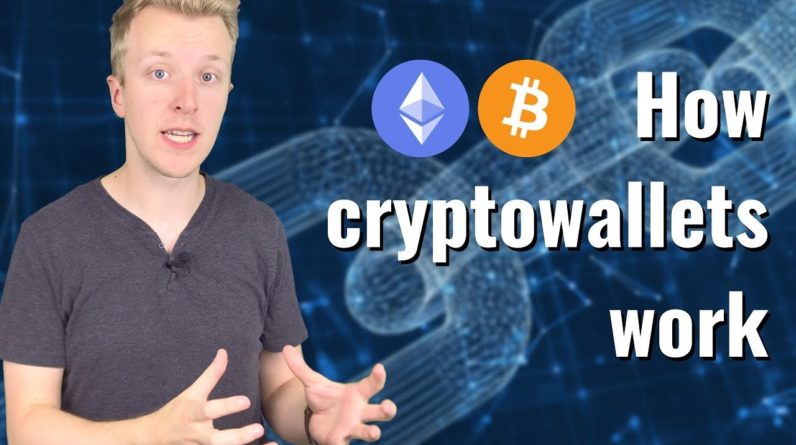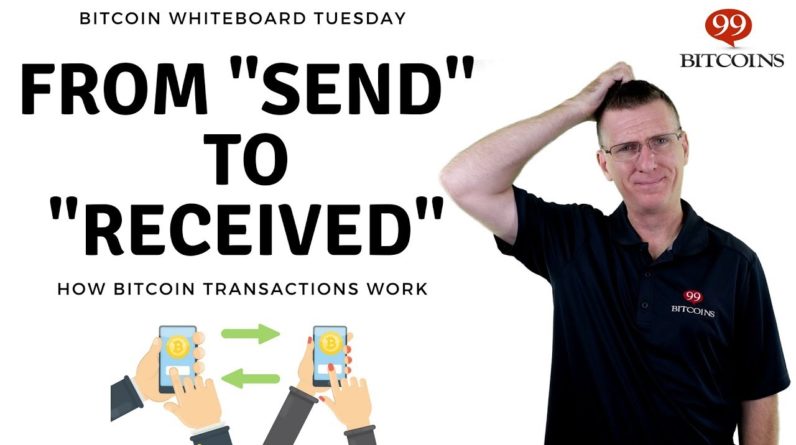
I actually it's probably no question you expect myself I actually was going to have you get to all three the difference between group of work group of stake and delegated the first a weather and also maybe talk about how Bitcoin differs and how you think it might compare to other cryptocurrencies where actually occurs that's a great question current work is the system that Bitcoin uses proof-of-work is a system that provides security through an investment of energy so you have to connect a system that burns electricity special running computers that's proof of work alternative systems have since been proposed and some of them are running on much more small scale proof of stake is one such system in a system of proof of stake here's what happens let's say you have this new digital currency called Rincon's point right and on this digital currency blockchain instead of burning energy what happens is you've won your computer to check the rules and validate the transactions for everybody else and every ten minutes when you're validating the rules what you do is you lock up some of your digital rated point onto the chain and it stays long for maybe thirty lakhs or hundred blocks and one that stays locked you commit to continue final ratings and rules if you invalidate them incorrectly you lose that money if you validate them correctly you get the money back after say 30 blocks and you get of fees so now instead of investing energy you're investing the digital currency itself inside the system to prove that you are committing to check the security rules and help with the security of the network there's a couple of problems with proof of state that a lot of people are trying to solve so it doesn't necessarily mean there are solvable problems one of the problems of course is that that means that people who have lots of coins or more points the rich get richer we've seen this before the other problem is that because what you're committing is part of the system and the system itself determines its value you can get these strange conditions whereby by cheating within the system you may lose those points but you gain so much in other ways that you may come find where is when you're burning electricity if you burn the electricity outside of the system you know you're never getting that back so that's proof remark is an extrinsic an extrinsic commitment system meaning the what you're committing is an outside of the system you're committing electricity which you have to pay a bill for it in the real world not in the system whereas with proof of State its intrinsic you're committing the currency of the digital system in the digital system to borrow the in the digital system the other problem has to do with historical record-keeping I think one of the advantages despite that it's very expensive and uses a lot of energy is that it allows you to create a level of immutability for the records now what if the interesting things about watching is that once something is reported on the blockchain you can't go back and change it because to go back and change a block that's ten blocks behind because the next block depends on it if you change it you have to change all of the blocks after it and for every one of those you also have to redo all of the mining which means you have to read invest all of the electricity and if you do you're invalidating the previous change so if you got paid once and you've spent electricity twice so you're doing it for free I just kind of employed which means that it's very difficult to change something that's being recorded on a proof-of-work watching what I say difficult the numbers are absolutely staggering at the moment Bitcoin is running it between 500 megawatts and the gigawatts of electricity in real time if you wanted to change one day Bitcoin transactions that's 144 blocks of 24 hours you'd be looking at 1.2 gigawatts or 1.2 gigawatt hours of electricity has enjoined electricity you'd have to invest very large amounts in order to get maybe nothing in return right so with proof of stake systems however there is there isn't that external backing there's a third system called delegated proof of stake which is a slight twist on proof of stake or what you can do is you can say I'm going to park my money with this other party they're going to lock it up in the block and they're going to do all of the and Foundation and we're going to share in the reports that's a bit like and electing a representative to Congress and having that make decisions for four years and then after four years you decided you're going to fire them on that only you do it on a shorter timeframe because it's weight loss again very interesting in fact I think we're going to see combination systems end up having a group of state system Learning Network which allows you to earn fees by creating payment channels where you have to commit money into the payment channels to make them run and then you have to validate all of the transactions that are traveling across your payment channels and if you validate them correctly you get fees that kind of sounds like a perfect safe system so you can have this hybrid system work Bitcoin some of the rules of validated by proof of work all change and one of the Austrian transactions on lightning network are validated by effectively a proof of state system you can have a hybrid they're all interesting what can we say about the security of these systems we can say that Bitcoin security achieves security for 37 billion dollars on proof-of-work how do you know because there's 37 billion dollars that no one has been able to compromise what can we say about delegated proof of stake at the moment we can say that it's about I think 750 million dollars so there's this difference in scale over time both of those will push forward and we'll see what each can do when it's put under pressure and a lot of this really only matters when you're being attacked right you can have the best plan in the world if you're not being attacked [Music] [Laughter] [Music] you





